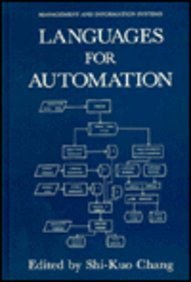

具体描述
The end of the twentieth- and beginning of the twenty-first centuries have witnessed a large scale increase in demands for international peace keeping mechanisms. Because of a complex history of spread and power, English has become the de facto lingua franca of international communication and negotiation, and the inevitable accompaniment to this is the growth in hostility against the perceived imperialism of the English language. This book argues that the growth of English(es) as a lingua franca has the potential to foster closer bonds between communities, countries and continents. Using the background methodology of Peace Studies, Patricia Friedrich applies political theory to linguistic evidence, to show how English can be instrumental both in the restoration of peace and in the building of social justice. In this analysis, the language classroom emerges as a central site in conflict prevention. A fascinating, innovative study of the place of the English language in the modern world, this book will be of interest to academics researching applied linguistics or world Englishes.
作者简介
目录信息
读后感
评分
评分
评分
评分
用户评价
相关图书
本站所有内容均为互联网搜索引擎提供的公开搜索信息,本站不存储任何数据与内容,任何内容与数据均与本站无关,如有需要请联系相关搜索引擎包括但不限于百度,google,bing,sogou 等
© 2026 book.quotespace.org All Rights Reserved. 小美书屋 版权所有




















